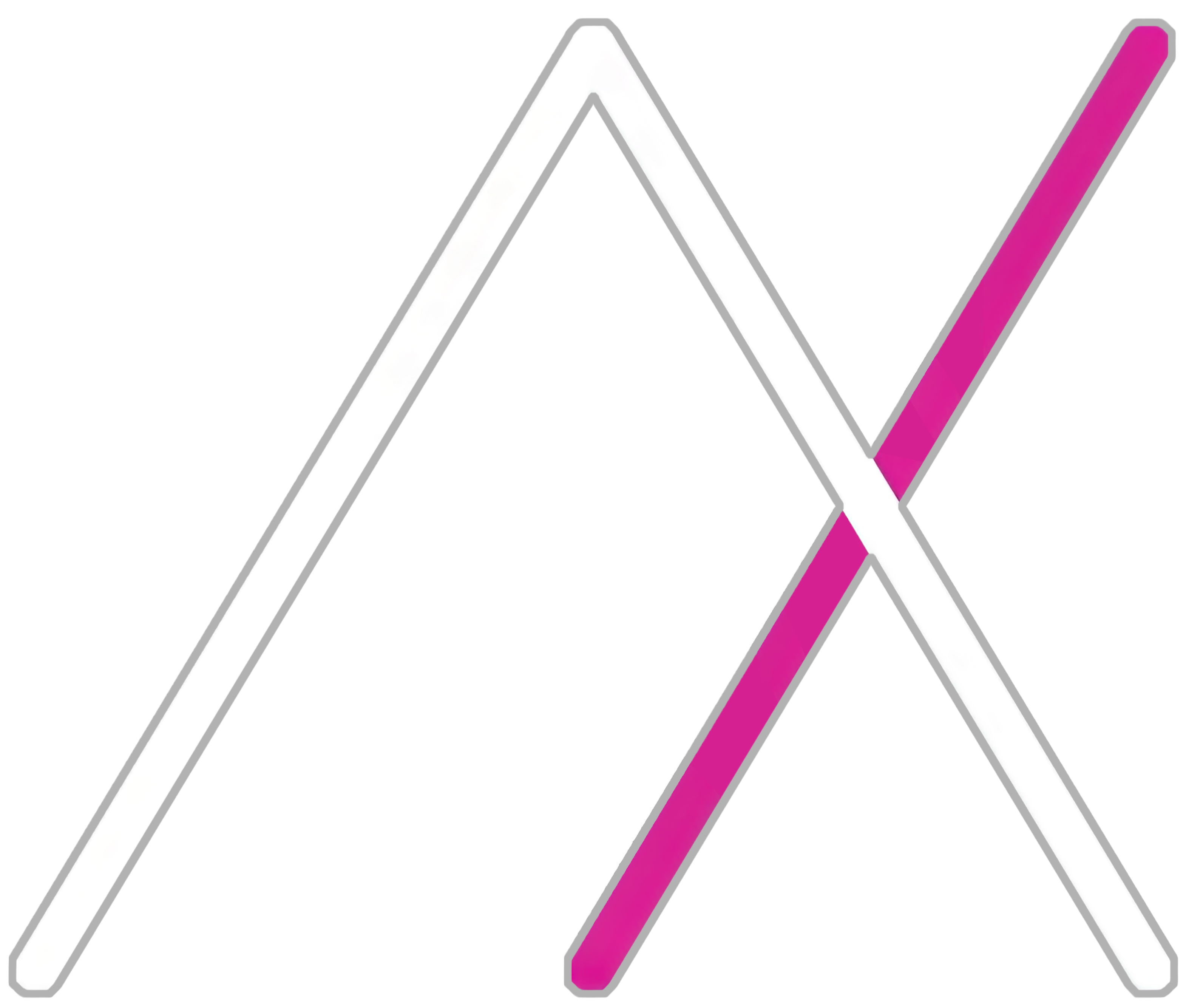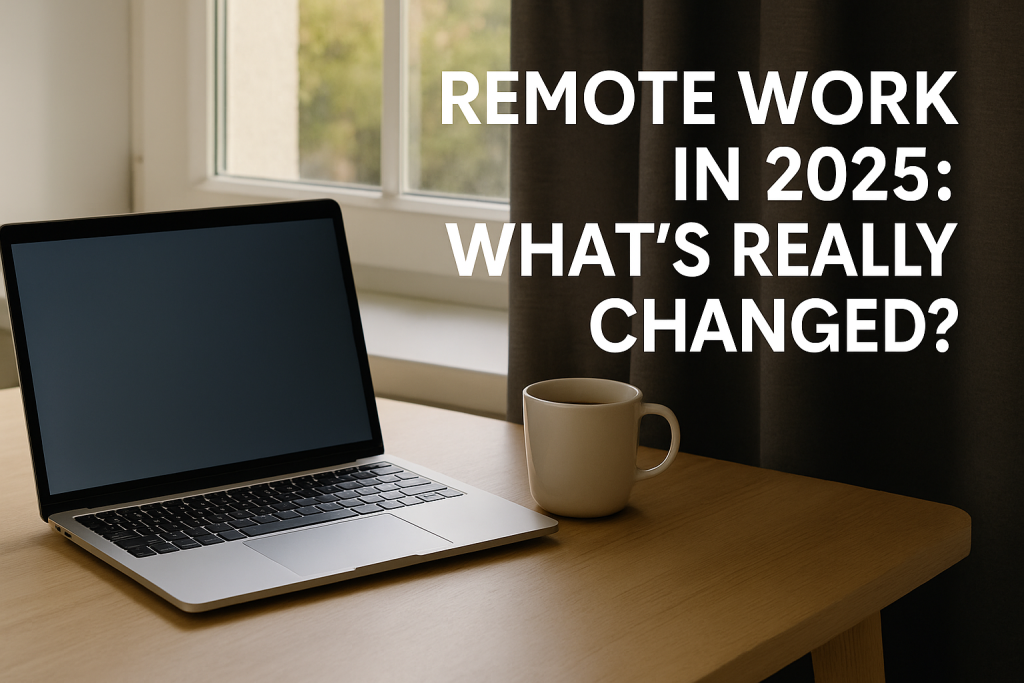Remote work in 2025 is still here, but it looks nothing like it did just a few years ago.
Once considered a temporary solution, remote work has now become a strategic element of modern workforce planning. But while many companies still offer flexible work options, the way people experience and expect remote work has fundamentally evolved.
So, what exactly has changed? And what does it mean for professionals, teams, and hiring leaders?
Let’s break it down.
1. Remote Work Is No Longer One-Size-Fits-All
In 2020, remote work was a blanket shift. Everyone went home. Everyone figured it out on the fly.
In 2025, remote work is more segmented and intentional.
Some companies are fully remote. Others are hybrid. Some are back to office-first with limited flexibility. But in most cases, there’s no standard model—just variations of what works for that team, that culture, and that business model.
For professionals, this means the definition of “remote job” is no longer universal. Job seekers must read beyond the headline: is the company async? Do they support flexible hours? Are there return-to-office expectations? These questions matter now more than ever.
2. Flexible Work Now Comes with Structure
What used to be seen as “freedom” is now being reframed as structured flexibility.
Remote employees in 2025 are asking for:
-
Clear working hours
-
Communication guidelines
-
Defined expectations
-
Mental health support
-
Respect for focus time and boundaries
Without these things, remote work quickly becomes always on work.
Companies that thrive in this environment have developed remote team management strategies that are transparent, repeatable, and human-centered.
3. Output > Hours
Perhaps the biggest shift in remote work trends is how success is measured.
No more logging hours to prove productivity. Instead, it’s all about:
-
Deliverables
-
Impact
-
Communication
-
Ownership
This shift benefits both employers and professionals—as long as expectations are clear and leadership supports autonomy.
For job seekers, this means developing strong skills in self-management, time prioritization, and async collaboration is no longer optional—it’s expected.
4. The Talent Market Has Gone Global
Remote work in 2025 has made talent acquisition more competitive than ever.
Companies now compete for talent across time zones and borders. And job seekers have more options than ever before.
This has driven major changes in:
-
Salary expectations
-
Benefits packages
-
Onboarding processes
-
Employer branding for remote teams
Today, top candidates don’t just look for a job title—they evaluate the culture of flexibility, leadership style, and how the company supports remote success long-term.
5. Culture Is Still Everything
A remote-first team with no sense of connection… will struggle.
In 2025, companies that win with remote work are the ones that intentionally invest in culture.
That includes:
-
Hosting regular virtual touchpoints
-
Celebrating wins publicly
-
Offering space for non-work conversation
-
Prioritizing psychological safety, even at a distance
It’s no longer enough to offer “work from home”. What matters is how you support people while they’re working from home.
Remote work in 2025 isn’t just a trend. It’s a permanent shift—one that rewards clarity, trust, and adaptability.
If you’re a job seeker, now is the time to develop the skills that make you thrive in flexible environments.
If you’re an employer, now is the time to audit your systems, your leadership, and your job descriptions—because they tell candidates everything they need to know before they ever apply.
At Axcess Talent Management Solutions, we help businesses and professionals navigate the future of work with intention.
Because whether you’re working from home, from a café, or across the world… how you work matters.

